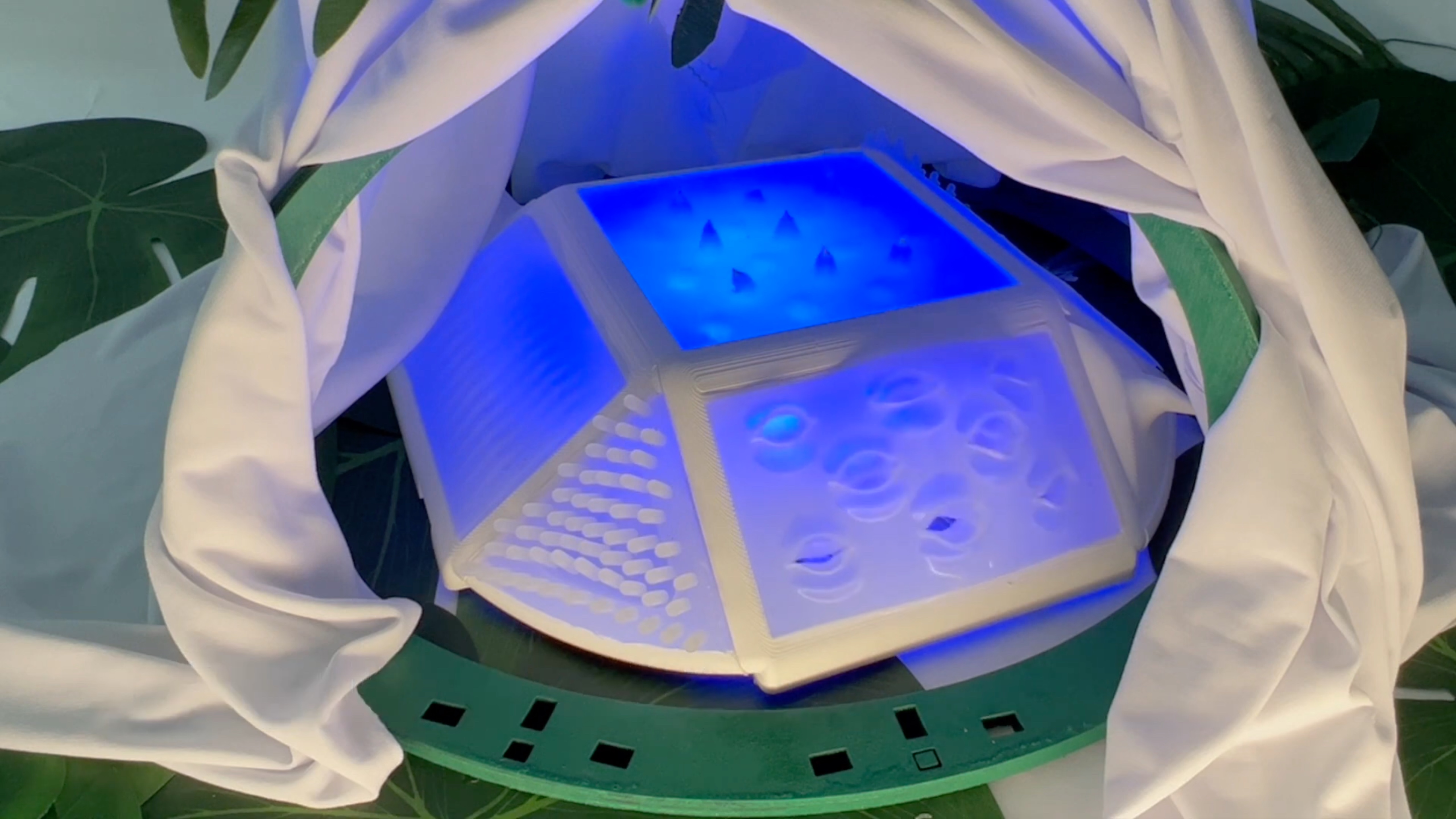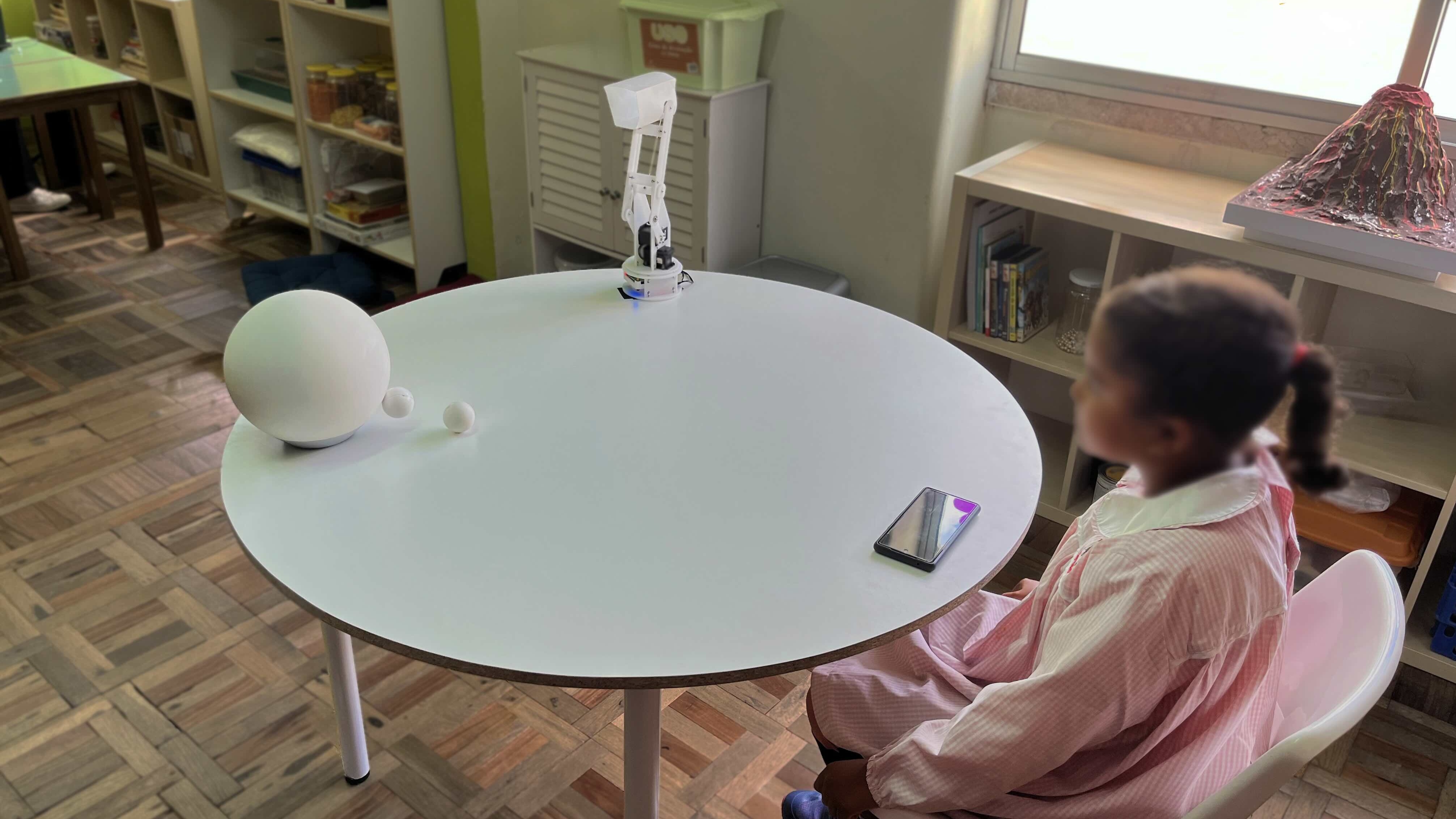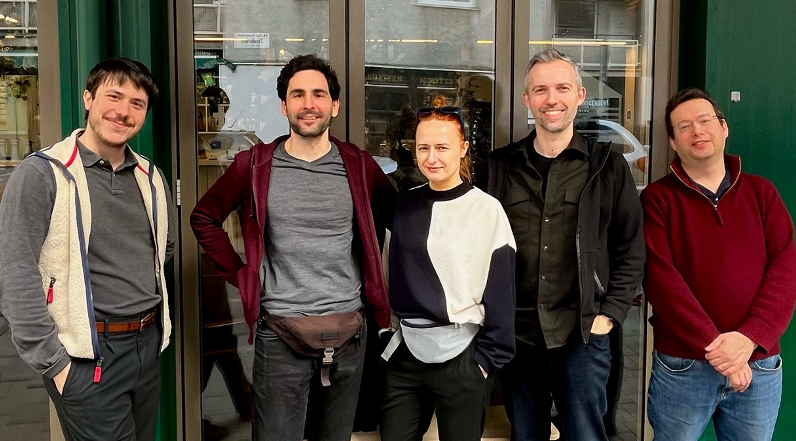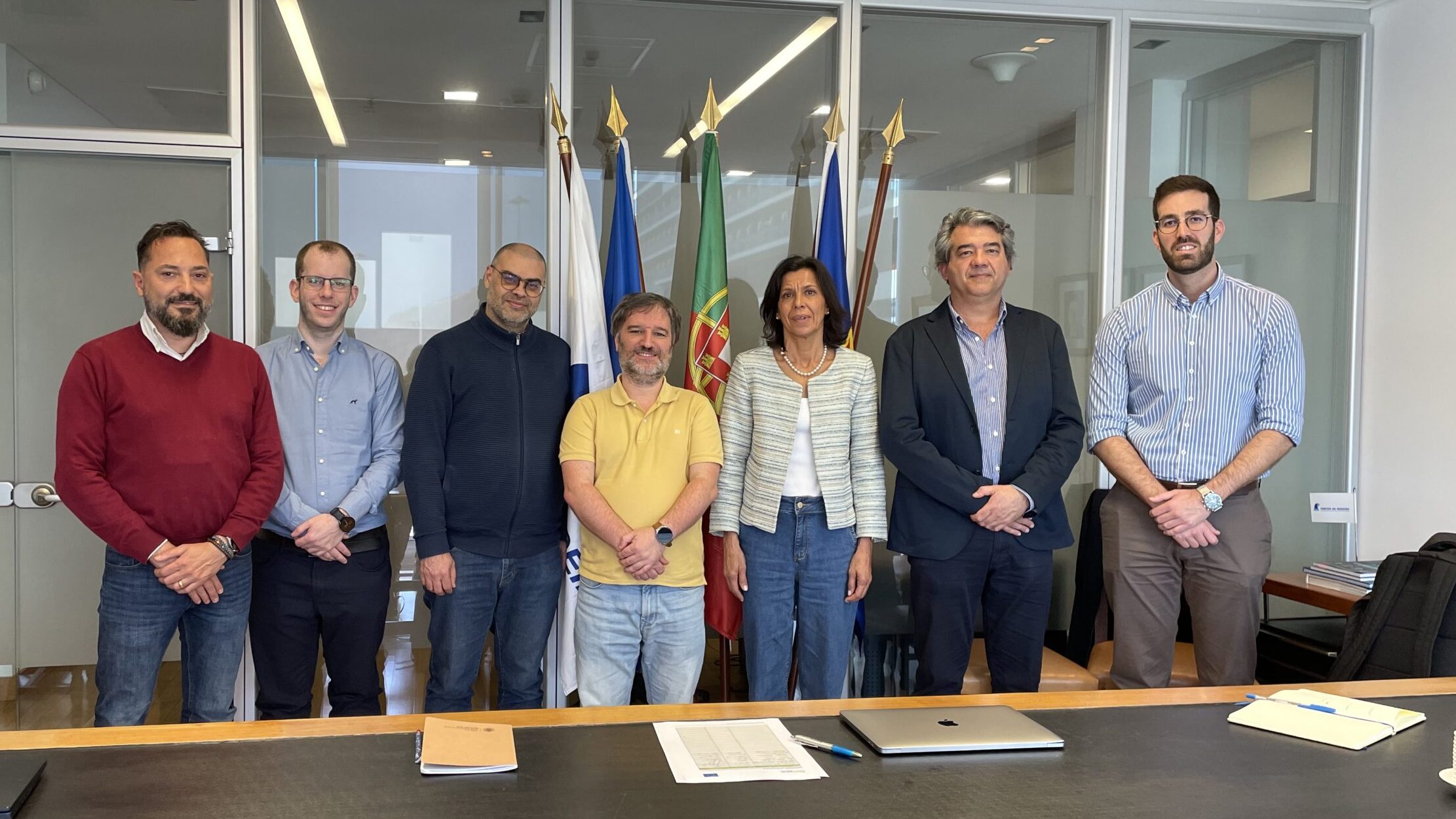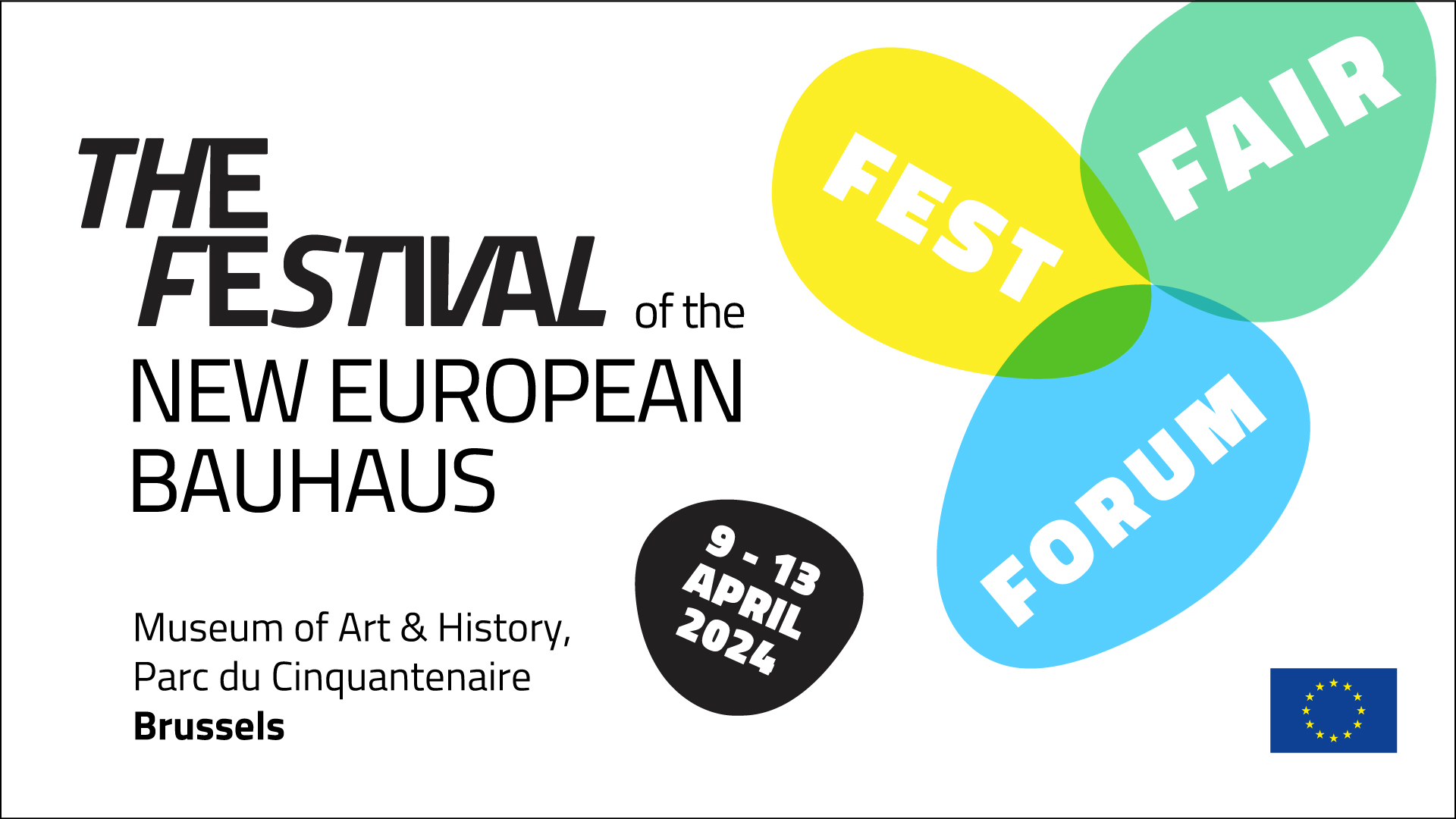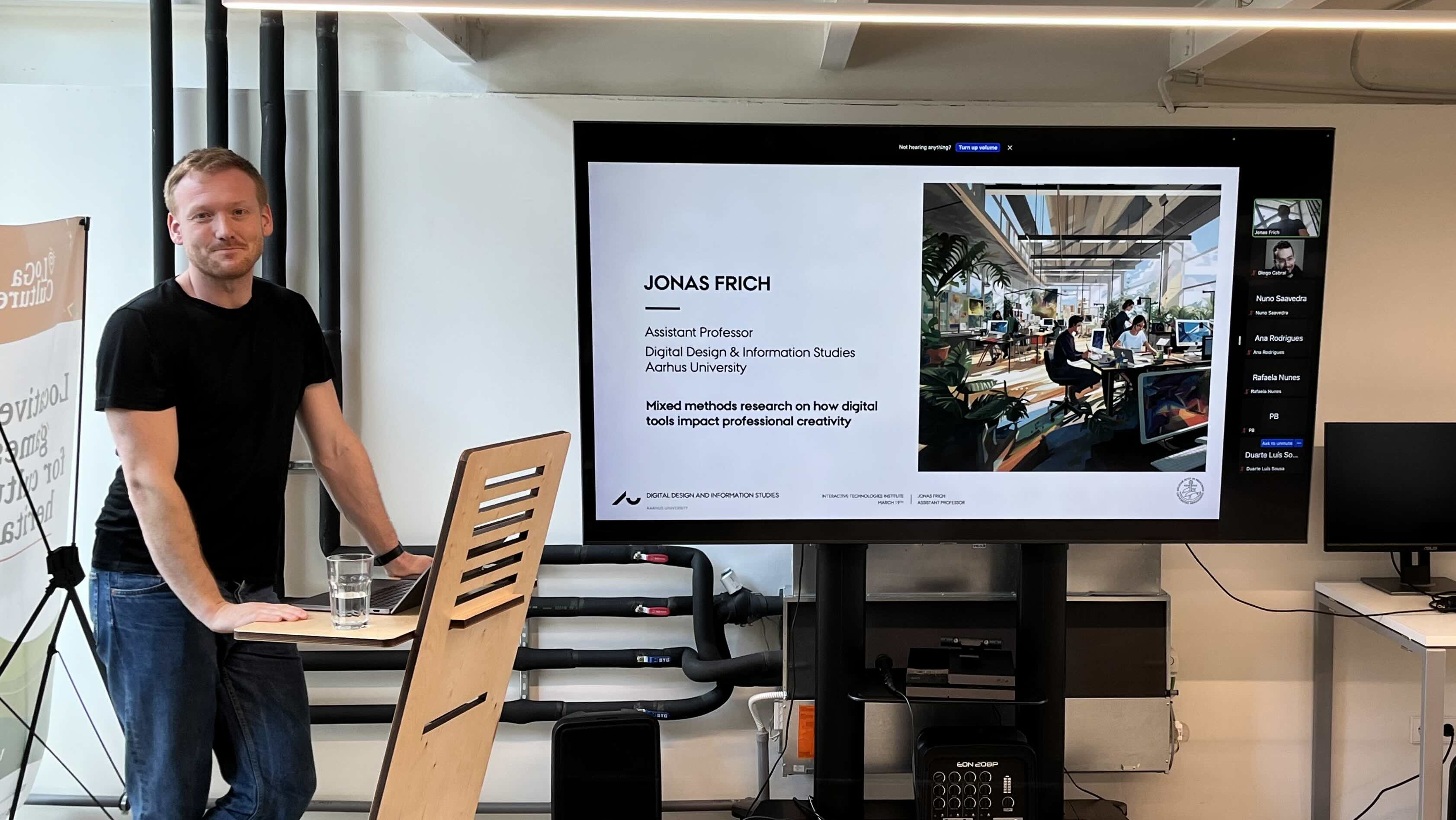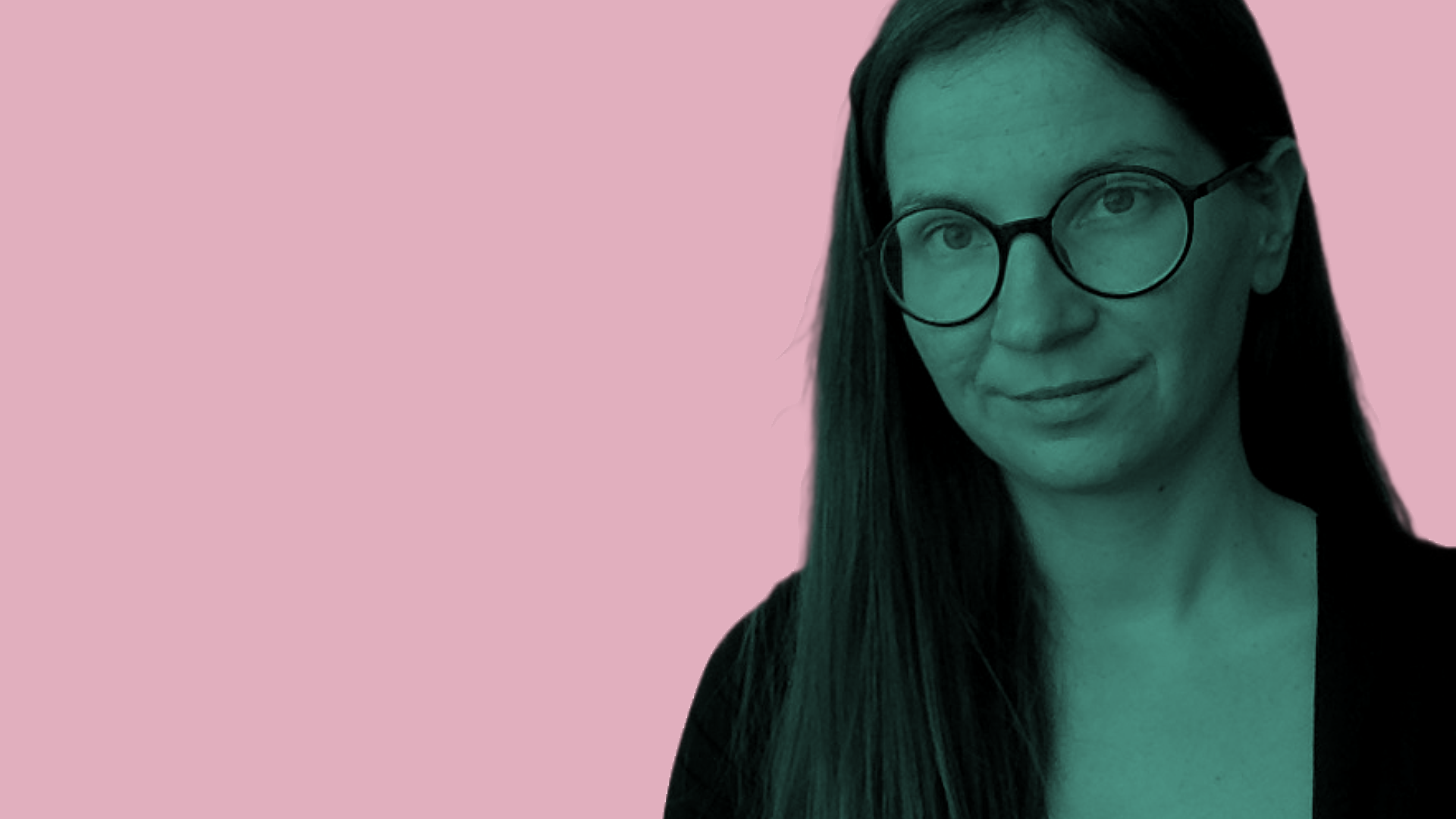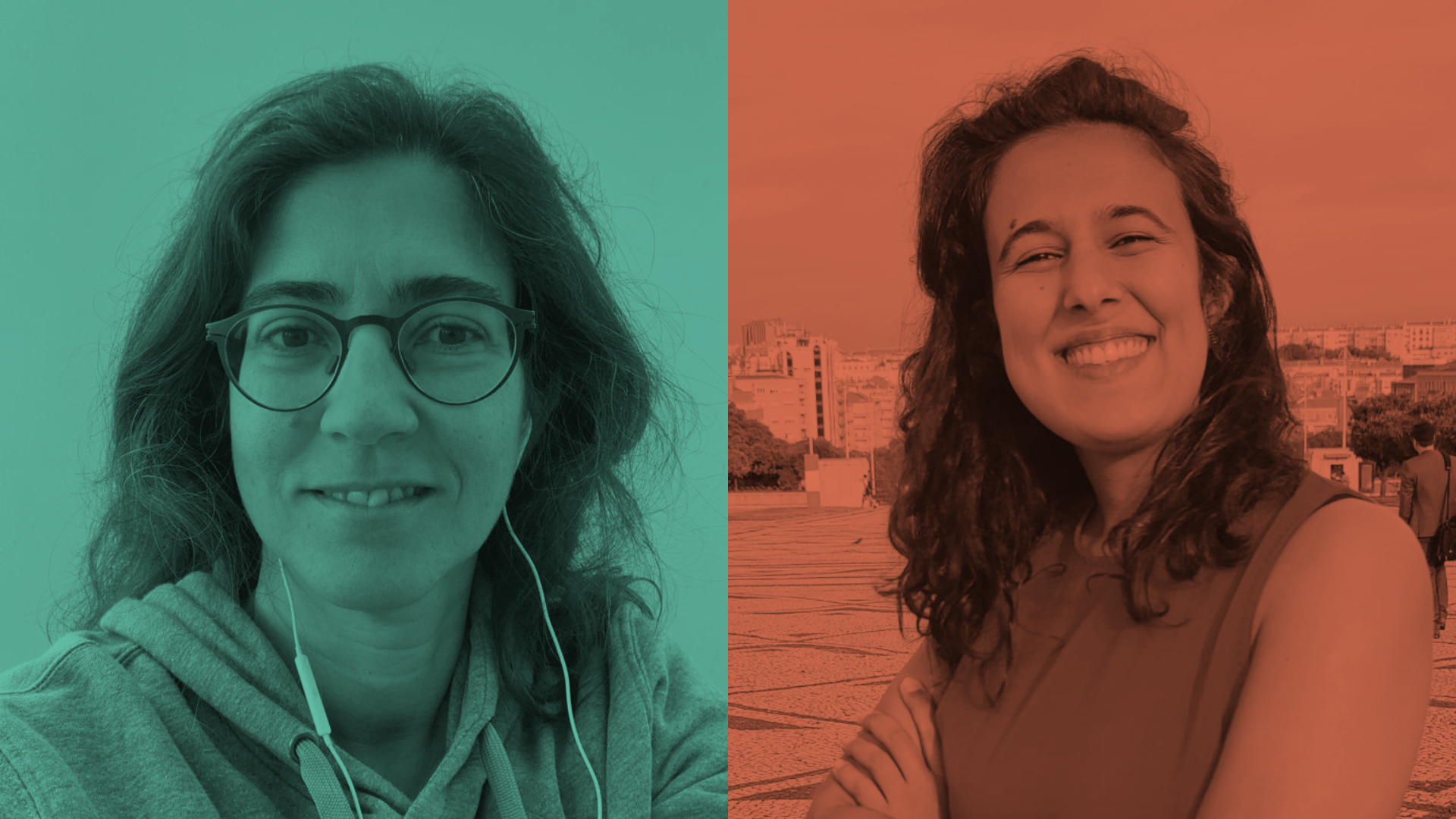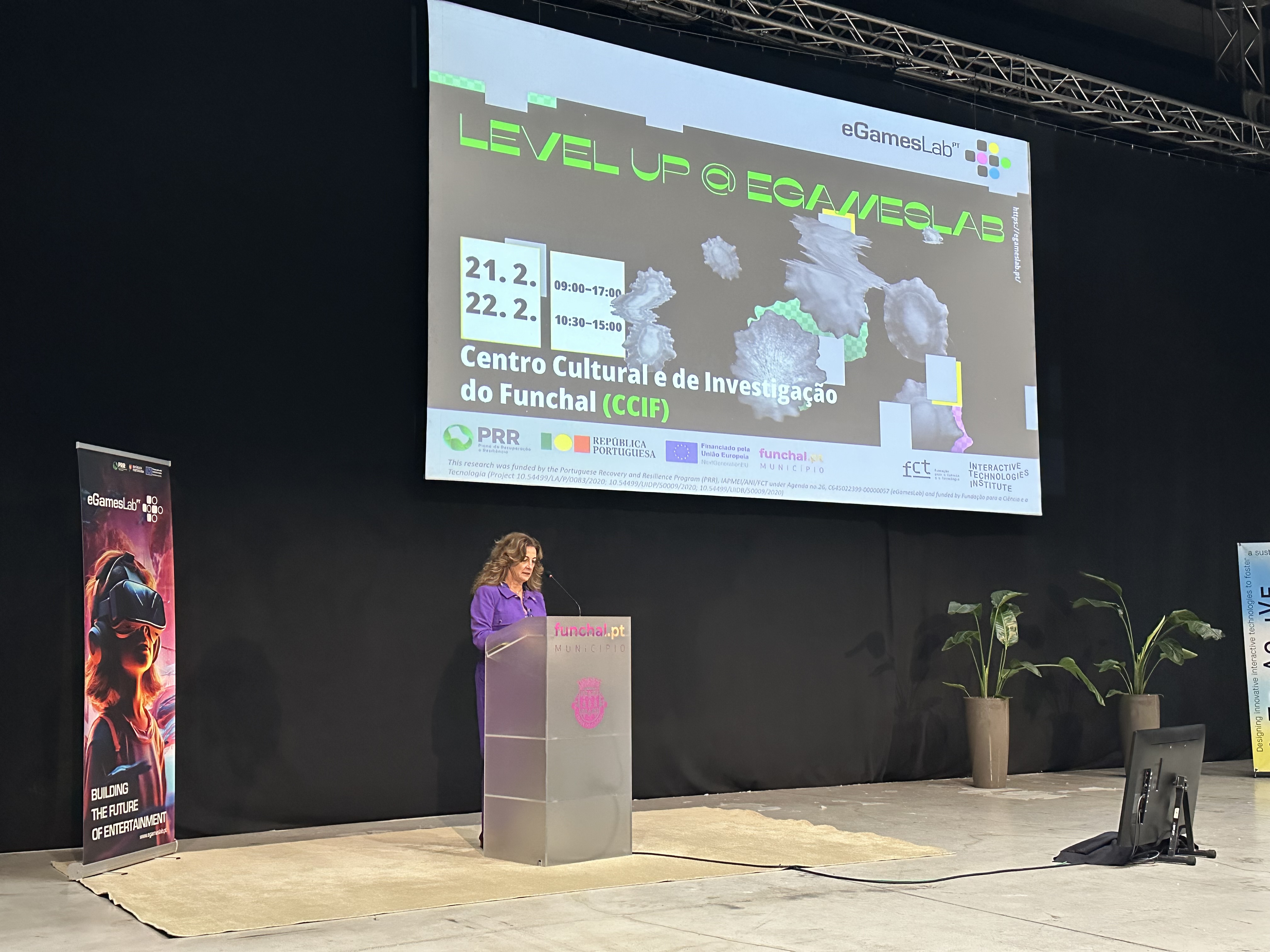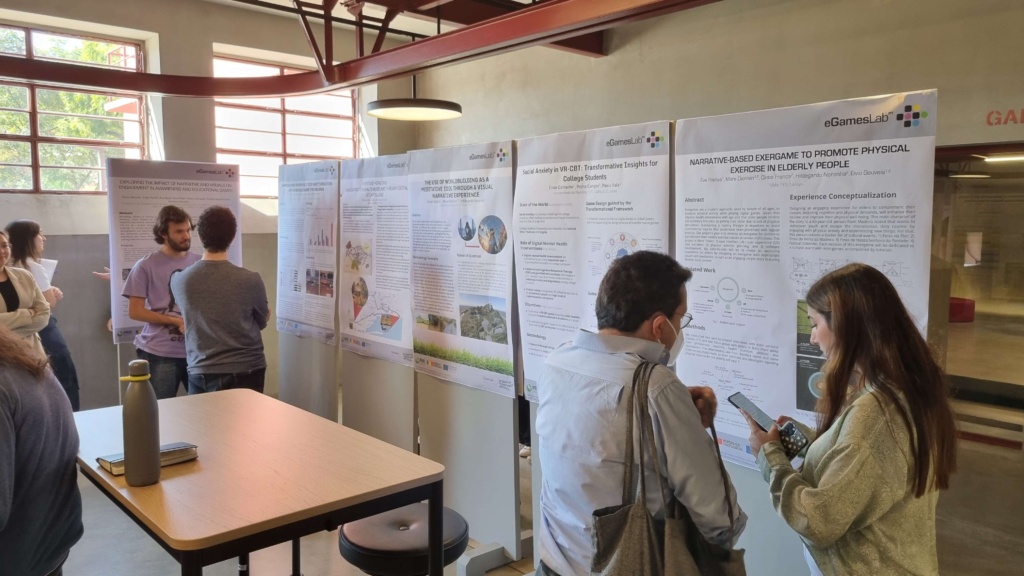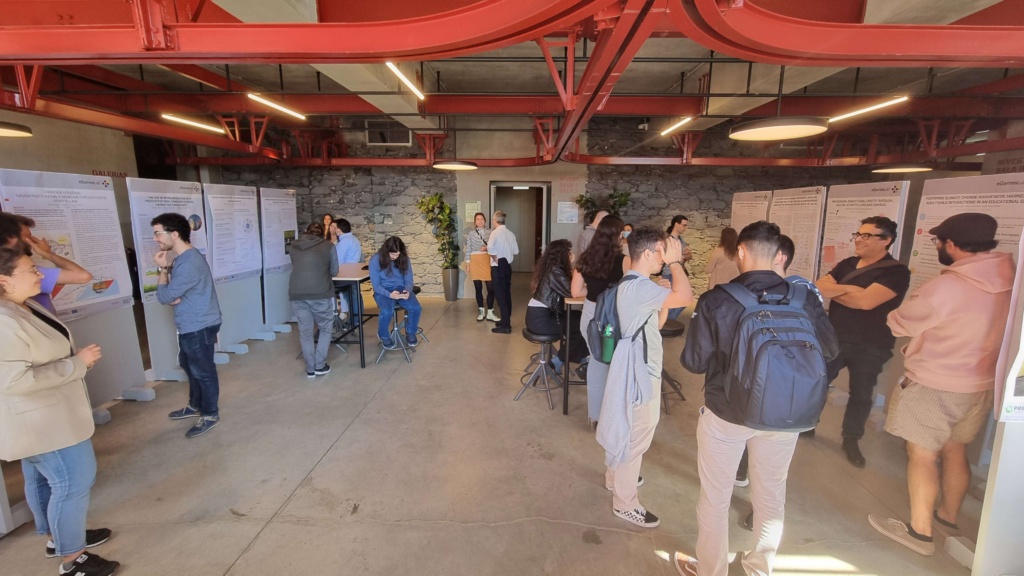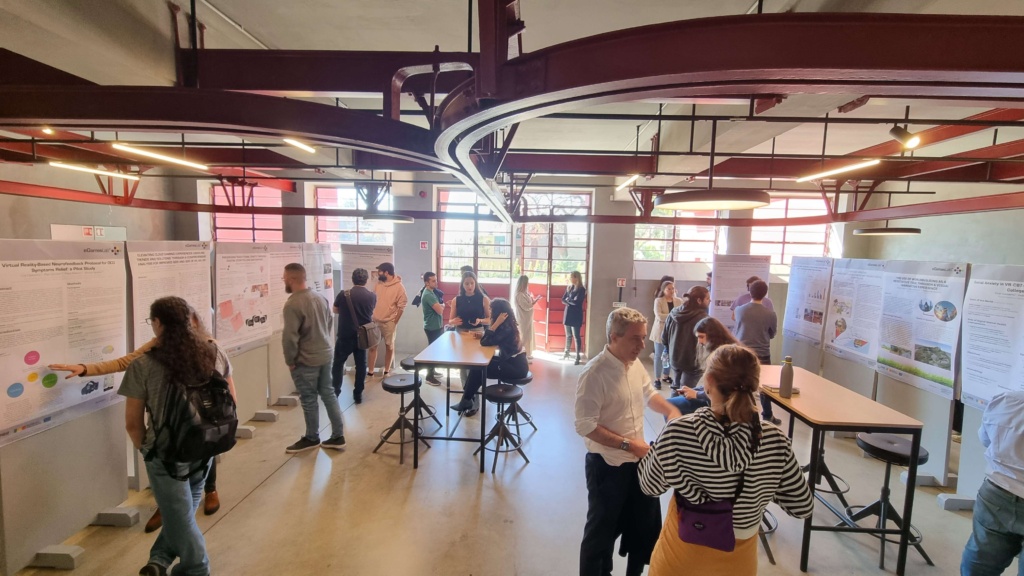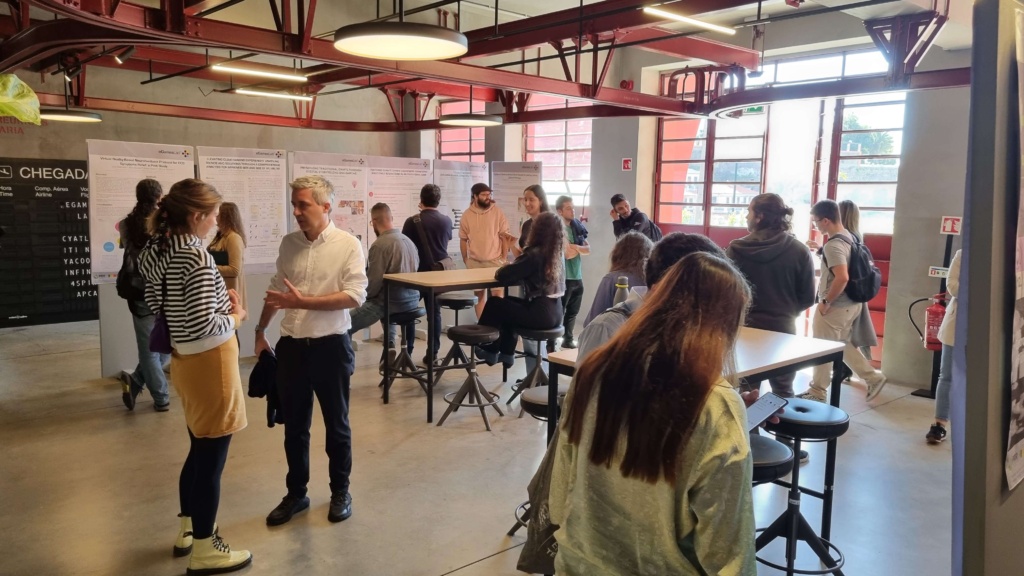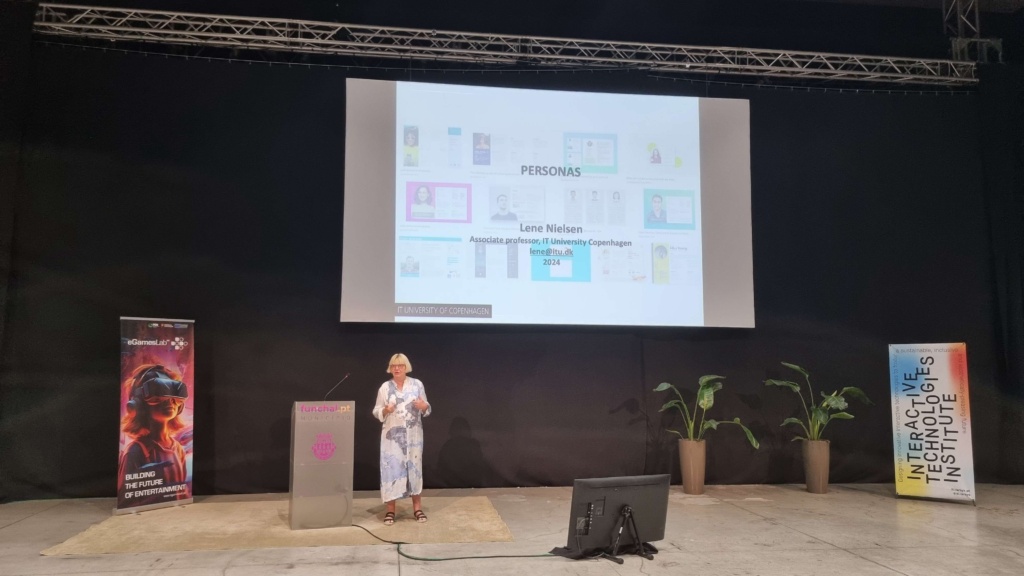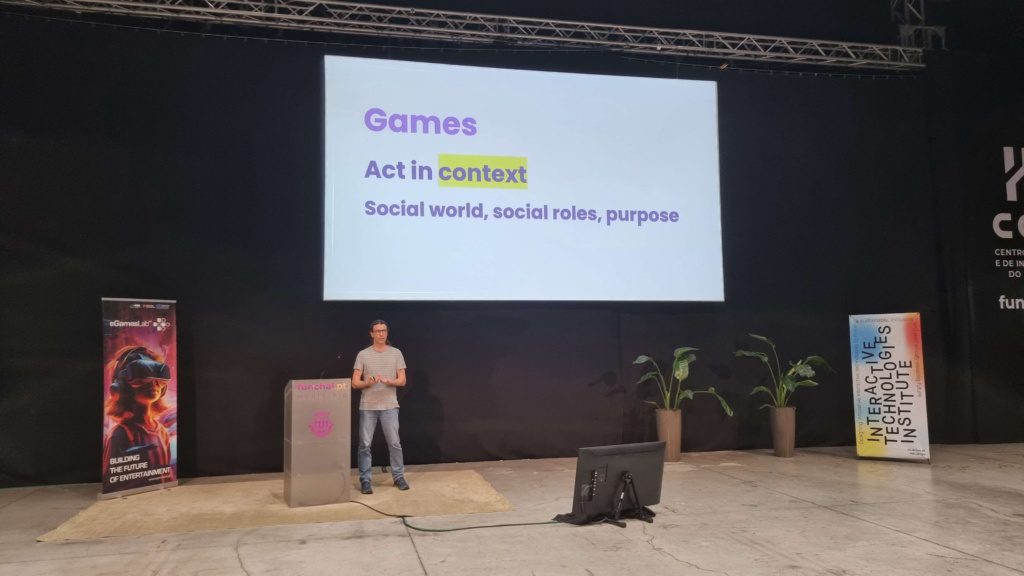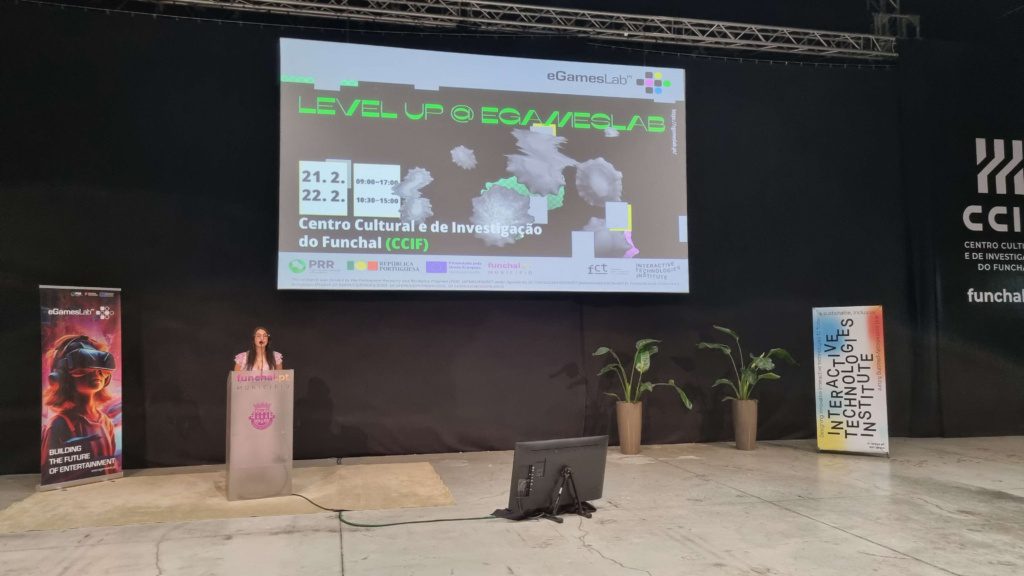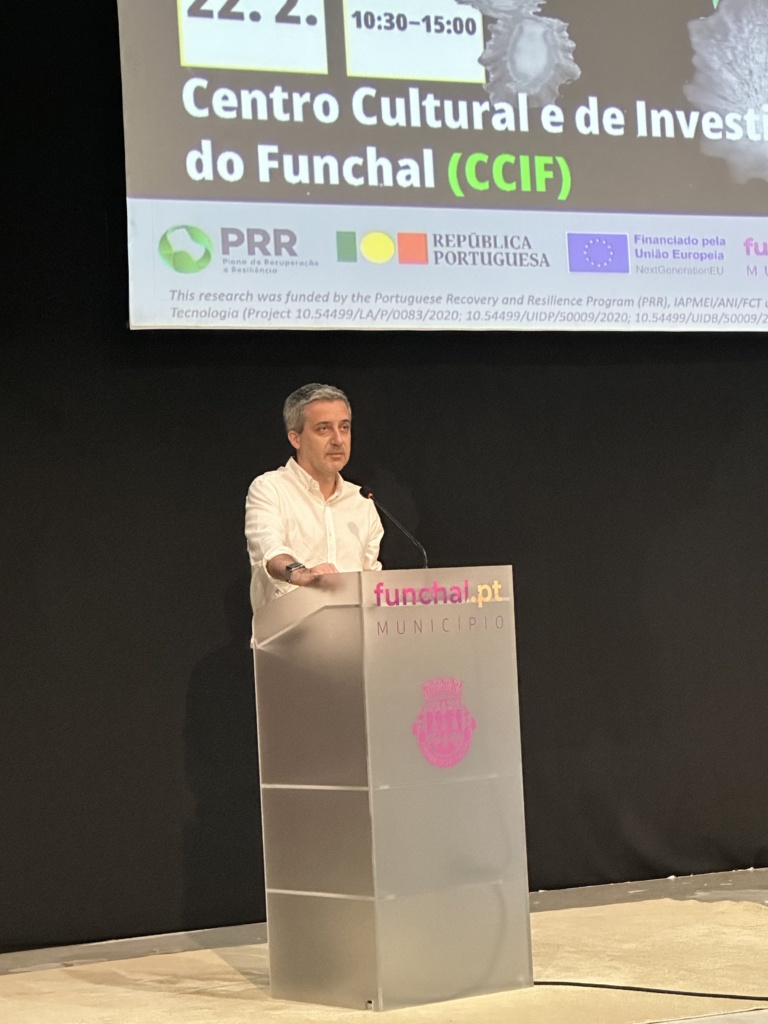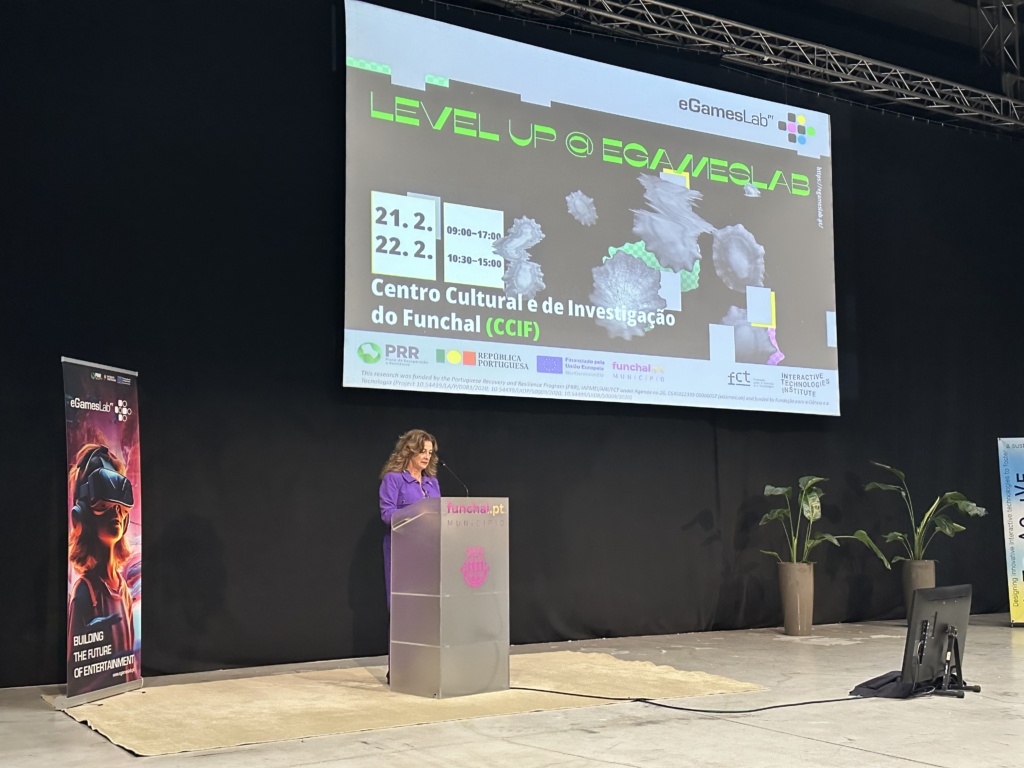A team of researchers from the Interactive Technologies Institute and Cornell University has recently presented a touch-based robot that is capable of fostering inclusion in schools, giving equal opportunities to children with and without visual impairment to participate in a group activity with the robot. Their most recent study showed improved individual and group participation perception, which contributes to creating more inclusive learning environments.
The robot is called Touchibo and has been developed to improve group interactions between children with and without visual impairment, exploring the power of tactile interactions. “Touchibo aims to bridge the gap between children with diverse visual needs, promoting participation, empathy, and social engagement”, said Isabel Neto, a researcher at ITI and Gaips Lab (INESC-ID).
The study involved 107 children, including 37 with visual impairments, who participated in a series of storytelling activities facilitated by Touchibo and an audio-only storyteller. Researchers analysed the children’s responses, touch behaviours, and group dynamics to evaluate the impact of touch-based interactions on social engagement and inclusivity. “We have used a combination of video recordings, questionnaires, and observational data to capture the nuances of interpersonal touch behaviours, story comprehension, and group dynamics”, added Isabel Neto.
Children who engaged with Touchibo exhibited a significantly increased perception of individual and group engagement compared to the interactions with the audio-only storyteller. “Touchibo not only promoted touch-based interactions between children but also enhanced the children’s perception of the storyteller’s likability and helpfulness, highlighting the robot’s potential to enrich social interactions in classrooms with children with mixed-visual abilities.
Furthermore, the study shed light on the importance of touch in promoting inclusion and engagement among children with diverse visual abilities. By creating a multisensory storytelling environment, Touchibo facilitated meaningful interactions, fostering a sense of belongingness and mutual understanding among the participants and promoting inclusion and mutual understanding among children with diverse visual needs.
The findings of this research pave the way for innovative approaches to creating inclusive learning environments for children with mixed visual abilities by demonstrating the power of touch-based robots in promoting social interactions and inclusion. This study was presented during the International Conference on Human-Robot Interaction. It was supported by DCitizens, CRAI, Hybrida, and HumanE-AI-Net projects.
